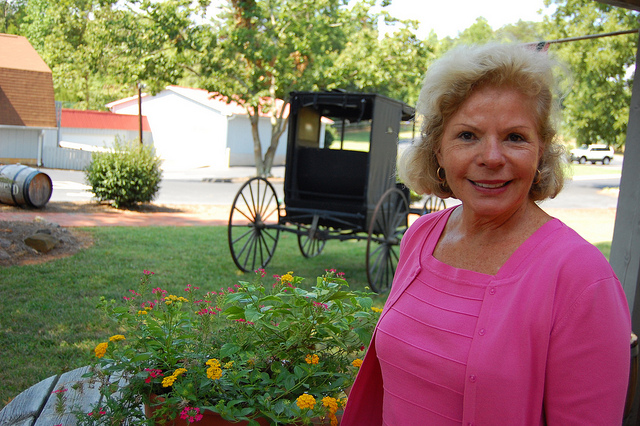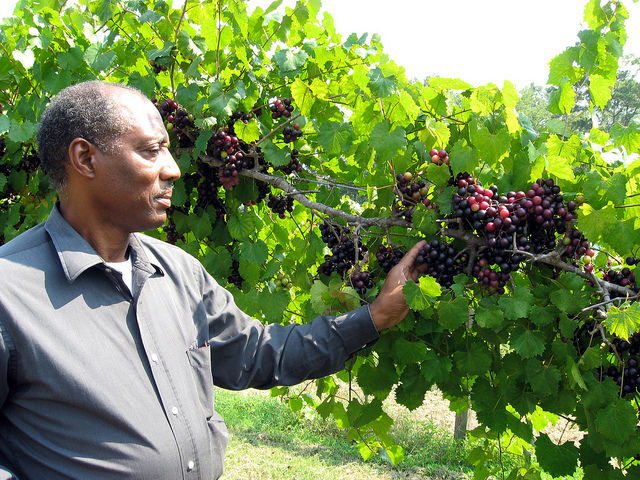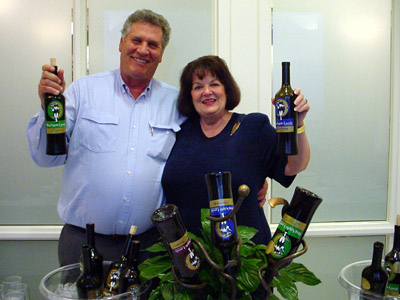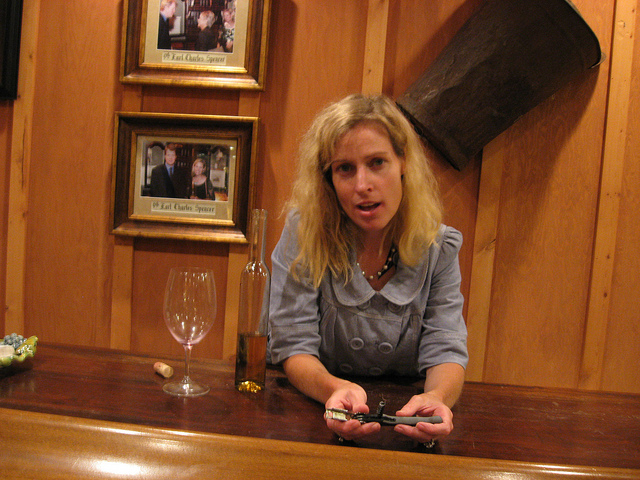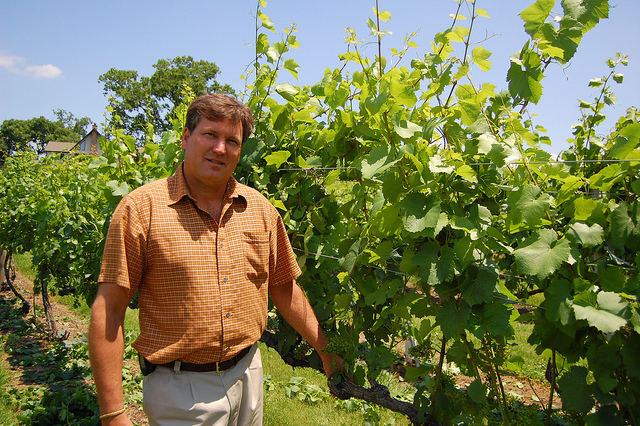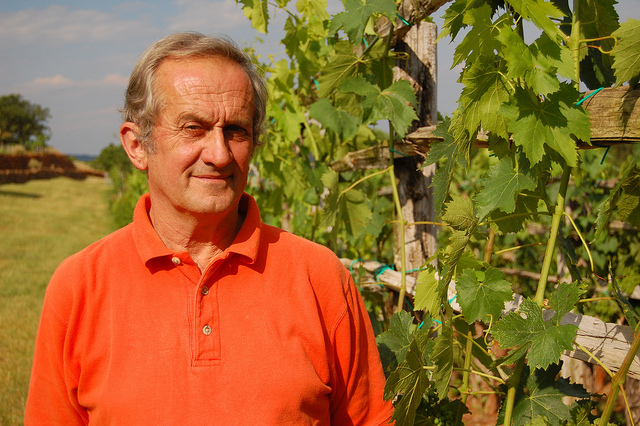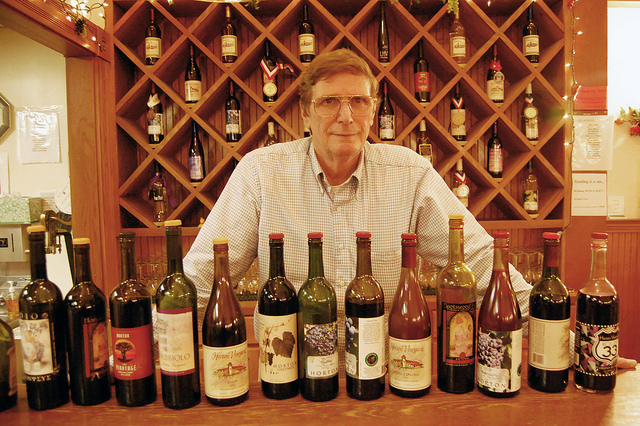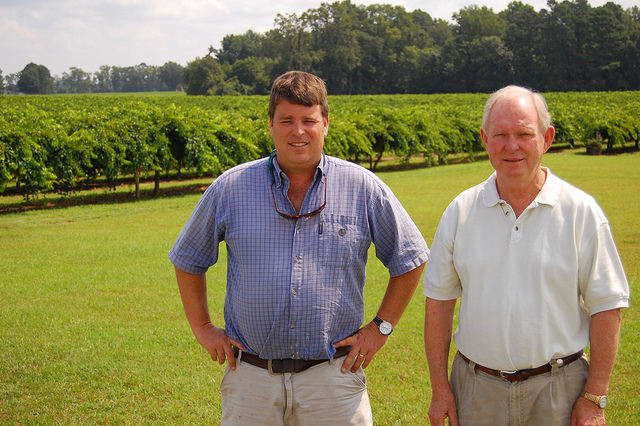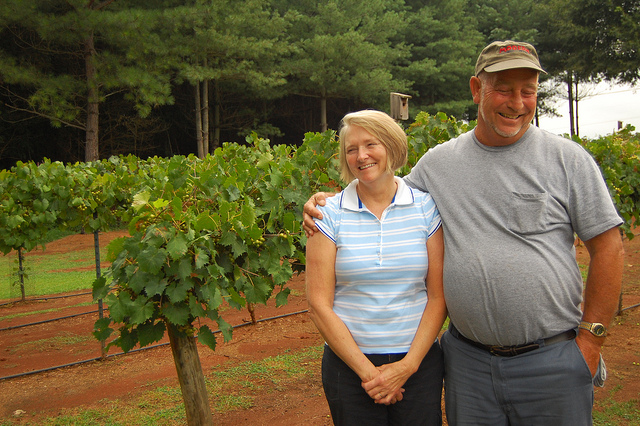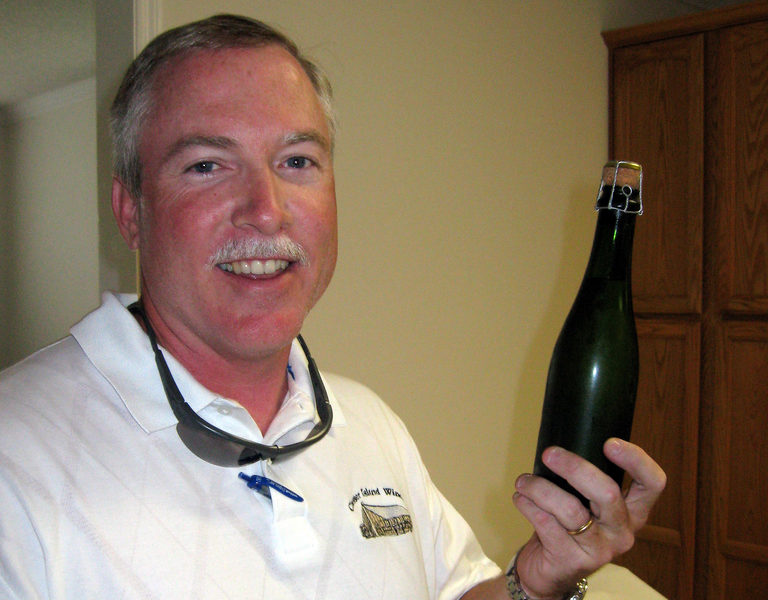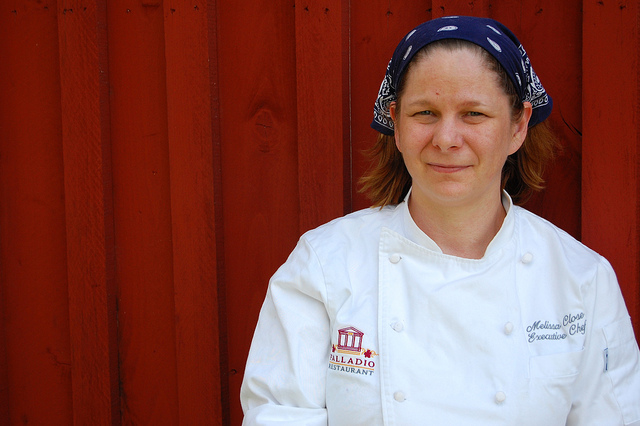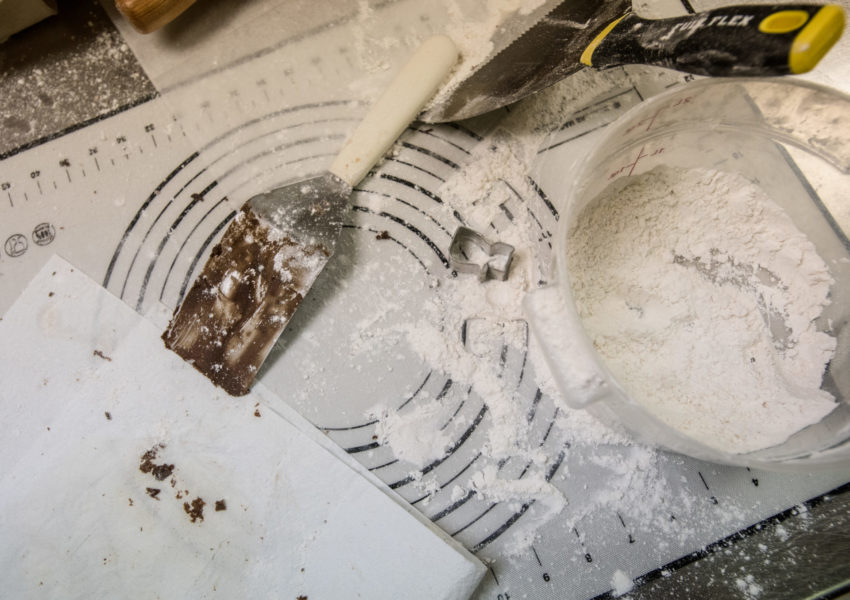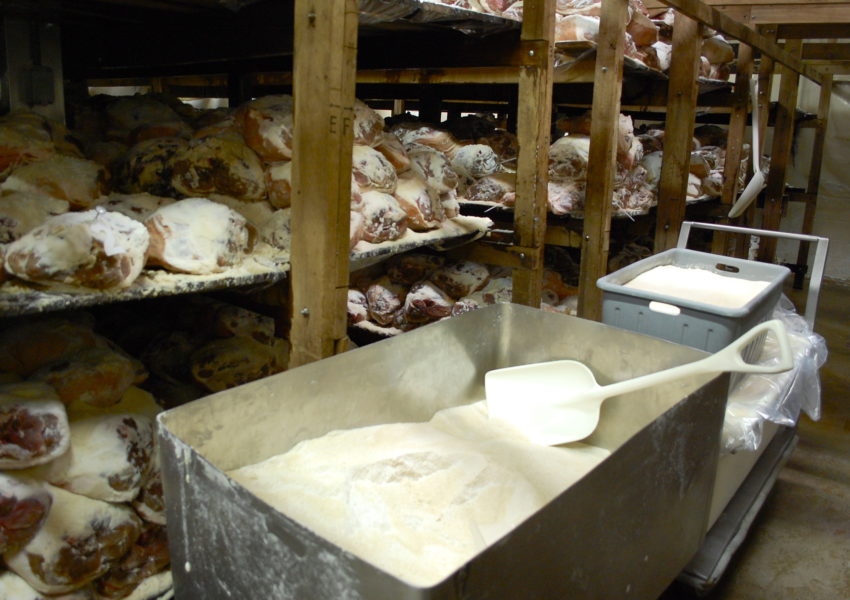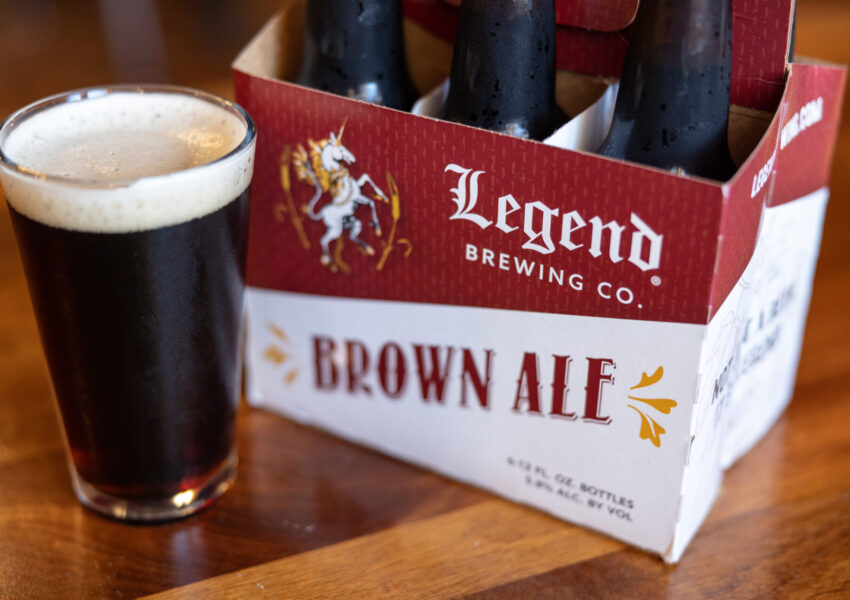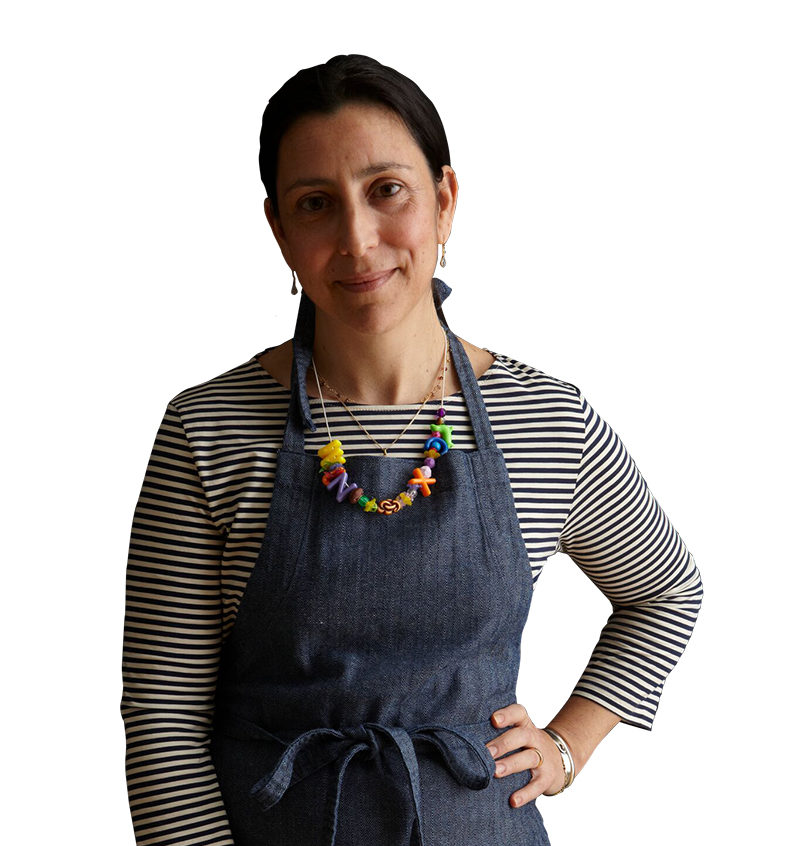For the longest time, talk of Southern-grown grapes and Southern-vinified wines elicited dismissals from oenophiles. Some impressions were fueled by insecurity of the we-can’t-compare-to-California sort. Others were fueled by bad wine.
Southern wines, made from vinifera grapes, are improving. Markedly. “If you haven’t had a Southern wine in a few years,” says Barbara Ensrud, author of American Vineyards, “you haven’t had a Southern wine.”
In the interviews that follow, you will meet vignerons from Virginia, North Carolina, and Georgia. In varying degrees they advocate that Southerners should not only eat local, they should drink local. As chefs and home cooks alike embrace the tenets of the farm-to-fork gospel, some Southerners are beginning to question the prevailing food and wine pairings of locally grown greens and locally raised pork alongside West Coast and Old World wines.
On the other end of the native versus vinifera wine divide, you will meet grape growers and winemakers who pledge their troth to wines made from muscadine, the South’s native grape. The South, of course, has a long and distinguished tradition of winemaking.
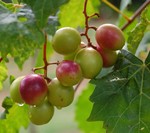
You could make a convincing argument that our wine industry is 100 years older than California’s. And you could back up such bluster with claims to quantity and quality.
By 1840, North Carolina was the leading wine producer in the Union, a distinction that it soon lost to Georgia and, in time, states further north and west. No matter. Southern-grown and -vinified grapes were, for much of our nation’s history, an accepted standard.
In the two decades leading up to the national adoption of Prohibition, Southern-grown muscadine grapes flavored Virginia Dare, the most popular wine sold in America. At the Louisiana Purchase Exhibition of 1904, Paul Garrett’s Special Champagne, a méthode champenoise scuppernong, the pride of Medoc Vineyards in North Carolina, won the grand prize for sparkling wines, besting efforts from California and France.
That tradition of making wines from native grapes continues, unabated, today. From extreme southeastern Georgia, to the sandy plains of eastern North Carolina and elsewhere, muscadine (and the muscadine variety known as scuppernong) remain synonymous with Southern winemaking. Of late, an interest in the health-giving properties of the compound resveratrol, present in muscadines, has caused a spike in sales among a new cadre of consumers.


